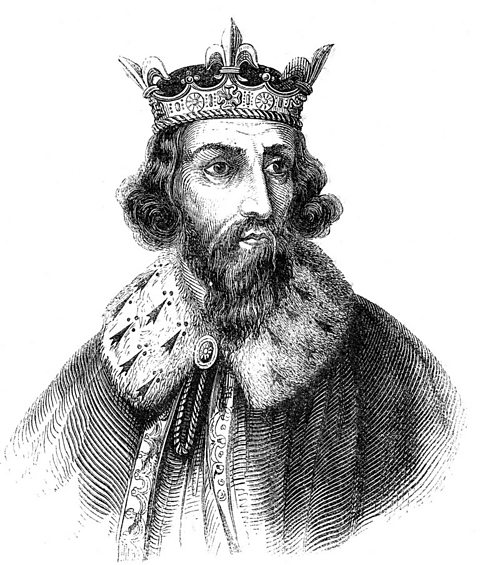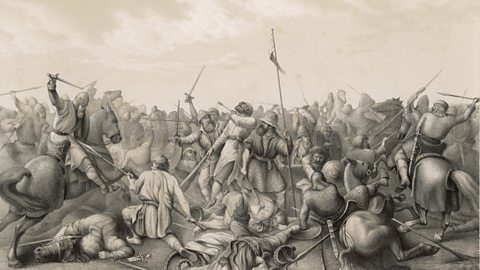More guides on this topic
- Britain, migration and empire overview, c790 - present day
- Motives for migration to and from Britain - economics and commerce
- Motives for migration to and from Britain - religion and ideas
- Motives for migration to and from Britain - war and government
- Motives for migration to and from Britain - geographical summary
- Migration's effect on Britain - economics and commerce
- Migration's effect on Britain - religion and ideas
- How Britain gained an empire - economics and commerce
- How Britain gained an empire - religion and ideas
- How Britain gained an empire - war
- How Britain gained an empire - government
- How Britain gained an empire - geographical summary
- How Britain lost an empire - ideas, race and culture
- How Britain lost an empire - war and government
- How Britain lost an empire - geographical summary
- Britain: Migration, empires and the people - exam preparation

